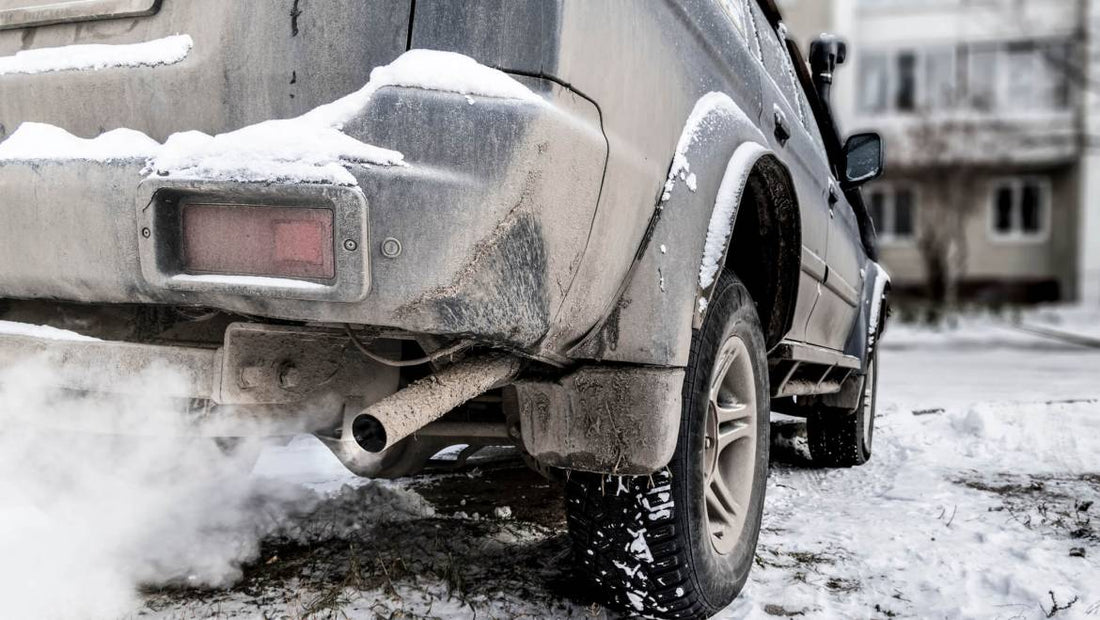In summer as in winter, letting your car warm up for too long before getting behind the wheel is a bad idea. Want to know what time you need to allow for optimal heating of your engine? Musher enlightens you on the subject.
NEVER ALLOW THE ENGINE TO HEAT WHEN STOP
Some drivers don't know it, but preheating the engine of their car in neutral can cause problems. serious for the vehicle. This habit dates from a time when car engines depended on a carburetor ensuring the mixture of combustion air in order to accelerate the combustion of the burner.
Besides the fact that it is a very polluting act , leaving an engine running while the car is stopped can lead to poor lubrication of the parts due to fuel particles which are deposited on the walls of the combustion chamber. You are therefore depriving your engine of vital components (including oil) allowing it to function normally. In the long term, it risks becoming defective .
OPTIMAL VEHICLE ENGINE WARM-UP TIME
5 to 15 minutes . This is how long it will take for your engine to warm up when starting. Depending on the model of vehicle you have, the larger your engine, the more fuel its preheating in neutral will consume.
The consumption rate returns to normal when the car is running. Indeed, when the engine is properly heated, the vehicle returns to its normal rhythm. This is why it is important to adopt certain simple actions on a daily basis. For example, smooth and controlled driving during the first kilometers or the first ten minutes will allow you to gradually reach a correct temperature. while keeping the engine in good condition over the long term . Also remember that regular maintenance of your vehicle is always necessary!
WHAT IS ELECTRONIC INJECTION?
You've probably heard of it. Electronic injection refers to a supply device that replaced mechanical injection in 1967. The goal? Improve engine efficiency and thus optimize the air/fuel mixture using so-called “intelligent” systems.
Today, all engines offered on the market have electronic injection. On the other hand, there is a difference between gasoline engines and diesel engines:
- Gasoline engines: the latter are equipped with injectors placed directly in the cylinder in order to promote complete combustion and ensure better efficiency while polluting as little as possible.
- Diesel engines: this type of engine generally favors indirect injection. A diesel engine must be equipped with an exhaust gas filtration system.
WHAT THE LAW SAYS
Article 2 of the Order of November 12, 1963 relating to fumes produced by motor vehicles cites:
“Parked vehicles must have their engines stopped, except in cases of necessity, particularly when starting from cold.”
In the event of an infraction, the motorist receives a fixed fine. of 135 euros .
